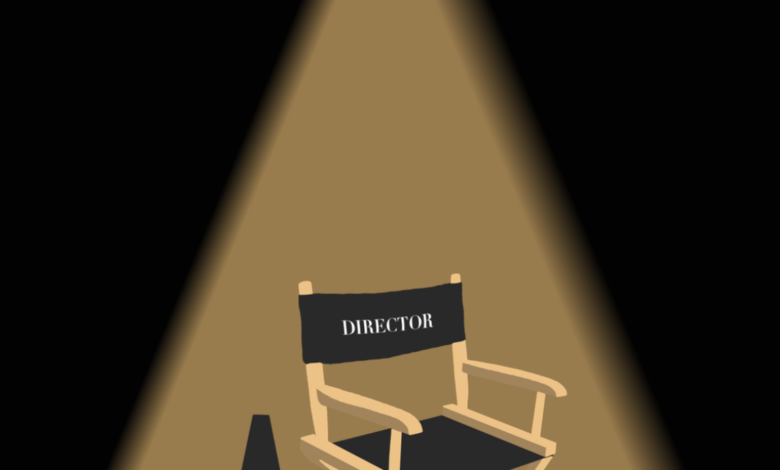
Dark reality revealed in ‘Quiet on Set’
By Kaitlyn Seawood
In light of the shocking information revealed by the new documentary series “Quiet on Set,” the public has been forced to confront the dark underbelly of children’s programming, particularly within the Nickelodeon empire.
At the center of the storm is Dan Schneider, a figure once celebrated for his contributions to kids’ TV in the ’90s. Schneider’s journey from a beloved showrunner to a controversial figure is dissected through the lens of his early career at Nickelodeon. While he brought laughter and mentorship to the screen, behind the scenes, many faced a toxic and sexist environment.
The testimonies from former writers Christy Stratton and Jenny Kilgen shed light on the troubling dynamics at play. They recount instances of gender discrimination, harassment and an atmosphere rife with inappropriate jokes and behavior.
“They were getting two for the price of one and have them share a salary, and I never saw it happen to any of the men,” said Stratton as she described her working conditions alongside Kilgen.
Stratton described the working environment with Schneider as “being in an abusive relationship,” where calling something like massages intrusive could cost you your job.
Moreover, the documentary reveals disturbing incidents involving child actors, including Amanda Bynes and Drake Bell, who were subjected to uncomfortable situations and power dynamics. Schneider’s close relationship with Bynes and his alleged manipulation of Bell raise serious questions about accountability and the exploitation of young talent in Hollywood.
The subsequent episodes delve even further into the darkness, uncovering the predatory behavior of individuals like Brian Peck, who was sentenced to 16 months in prison for various sex offenses to a minor in 2004.
In episode three, titled “The Darkest Secret,” Bell opened up for the first time about his abuse from Peck, stating that it wasn’t a one-time thing and progressively worsened until the ensuing investigation.
“The investigation was brutal,” said Bell. “I had to be excruciatingly detailed about everything that had happened. The worst part was I had to make a phone call to Brian and he had to admit to everything.”
As the series progresses, it becomes evident that the abuse and misconduct were not isolated incidents, but symptoms of a larger systemic issue. The complicity of Hollywood in enabling abusers, as seen in Peck’s courtroom filled with supportive figures, reflects a culture of silence and impunity.
Worst of all, Schneider does not take accountability for anything that happened. In an interview with actor BooG!e, who played the character T-Bo in Schneider’s “iCarly,” he sat down with Schneider following the release of the documentary.
Countless times, Schneider admits to feeling “embarrassed” for his actions and for what many individuals experienced while at the hands of manipulative power dynamics within the company. He also emphasized that the jokes were made for a kid audience, despite threatening Kilgen with being blacklisted from the industry if she ever spoke about the true meaning of inappropriate innuendos.

By Angelina Fierro
While listening to the testimonies, I couldn’t help but feel a deep sense of betrayal. Here was a man who wielded immense influence over the minds of impressionable young viewers, yet behind closed doors, he fostered an environment of fear and manipulation. The juxtaposition of Schneider’s public persona with the reality of his actions left me questioning the authenticity of the entertainment industry.
As we reflect on the revelations brought to light by “Quiet on Set,” it’s imperative to address the broader ethical implications for the future of children’s television. The lack of accountability, oversight and ethical guidelines within the industry must be rectified to prevent further harm to young performers and creators.
Institutions like Rider, as highlighted by film and television professor Scott Alboum, have a role to play in shaping the ethical standards of future media professionals.
“Should we teach it? Yes. Are we teaching it? Not exactly. But I think case-by-case as those situations come up, I’ve seen faculty members give that kind of guidance,” said Alboum.
The implementation of a film and production ethics course and proactive guidance can equip students with the tools to navigate complex moral dilemmas in their careers.
As I grapple with the aftermath of “Quiet on Set,” I’m reminded of the profound responsibility we also hold as consumers of media. Our choices and actions have the power to shape the cultural landscape and demand accountability from those in positions of power.
It’s time to shine a light into the darkest corners of children’s television and ensure that the voices of survivors are heard, respected and believed.



